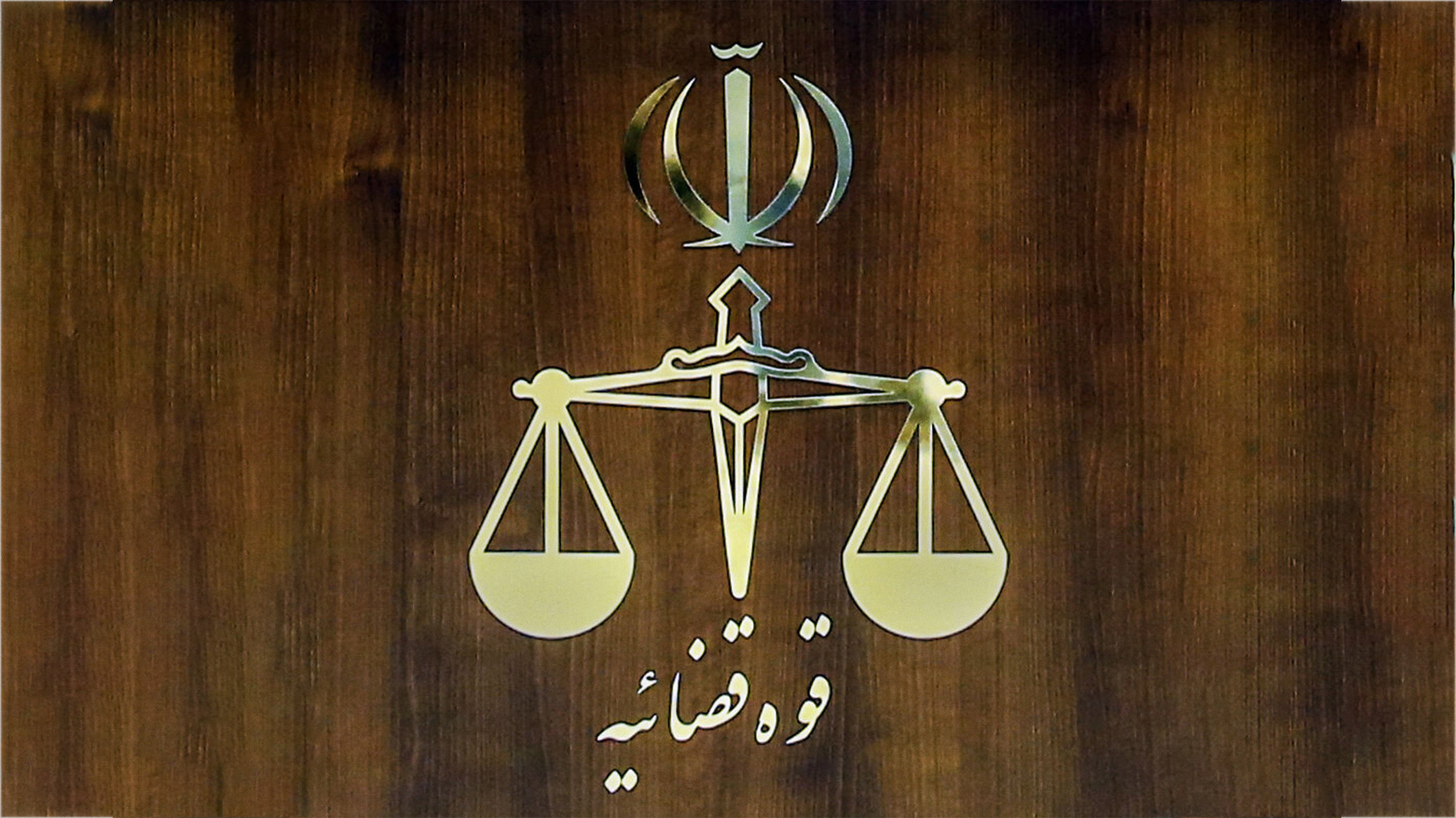Iran Executes Man Convicted of Espionage for Mossad
Iran on Monday executed Ismail Fekri for allegedly spying for Mossad, Tasnim reported. Convicted of “corruption on earth” and moharebeh, Fekri was accused of passing sensitive intel to Israel. His arrest followed months of surveillance by Iranian intelligence.

By Kamaran Aziz
ERBIL (Kurdistan24) – Iranian authorities on Monday executed a man convicted of espionage and collaboration with the Israeli intelligence agency Mossad, the semi-official Tasnim News Agency reported.
The individual, identified as Ismail Fekri, son of Khodanazar, was hanged following the completion of the judicial process, including final confirmation of the sentence by Iran’s Supreme Court. He had been convicted on charges of moharebeh (waging war against God) and “corruption on earth,” a broad legal term used in Iran for severe offenses against national security.
According to Tasnim’s political desk, Fekri was arrested in December 2023 during a complex domestic intelligence operation while maintaining active communication with what Iran described as “the Zionist regime’s espionage-terrorist organization.”
Tasnim wrote that the court documents revealed that Fekri attempted to transmit classified and sensitive national security information to Mossad in exchange for financial compensation. He allegedly provided intelligence on the locations and missions of sensitive government sites, personal information of designated individuals, and internal organizational data.
As detailed by the Iranian Tasnim News Agency, Fekri reportedly communicated with two Mossad officers during his initial recruitment phase. After being vetted and approved by the first officer, he began cooperating with the agency, later transferring his contact to a second officer known as “Amir.” The latter instructed him to establish a more secure communication platform for the transfer of intelligence.
The report by Tasnim also suggested that in July 2022, Fekri was directed to install a cryptocurrency wallet on his mobile device to facilitate covert financial transfers. Data recovered from his electronic devices confirmed ongoing exchanges with Mossad operatives, including direct instructions to collect and transmit specific intelligence.
Throughout this period, Iranian intelligence agencies had been monitoring Fekri’s activities, Tasnim detailed. Using what was described as “advanced technical methods,” Iranian security forces uncovered the espionage network and placed Fekri under surveillance before ultimately arresting him in December 2023.
His trial concluded with a conviction on multiple national security charges, and the Supreme Court upheld the capital sentence. Authorities carried out the execution by hanging on Monday morning.
Iran has frequently accused Israel’s Mossad of conducting espionage and sabotage operations within its borders, particularly targeting its nuclear and defense programs. The execution marks the latest development in Tehran’s ongoing efforts to counter what it describes as Israeli infiltration and subversion.
This comes on the background of recent escalations between Israel and Iran.
Since June 13, 2025, a profound escalation has unfolded between Israel and Iran, moving what was long a shadowy conflict into open warfare. On that day, Israel launched “Operation Rising Lion”, a large-scale air and drone strike targeting over 100 Iranian sites—including nuclear facilities, IRGC command centers, and missile installations.
The operation employed some 200 aircraft and Mossad sabotage teams, resulting in the deaths of top nuclear scientists and military leaders.
Iran responded with vigorous missile and drone barrages—termed “Operation True Promise III”—launching over 150 ballistic missiles and more than 100 drones toward Israeli territory.
These retaliatory strikes triggered multiple air raid sirens in cities such as Tel Aviv and Haifa, causing civilian casualties in both nations: Israeli authorities reported at least 14 deaths, including children, and hundreds wounded; Iranian sources cited over 224 killed and more than 1,200 injured, with a notably high civilian toll.
The confrontation has now entered its fourth consecutive day, with neither side showing signs of de-escalation.
The conflict is drawing international attention and concern: world leaders and organizations, including the EU, G7, UN, and countries like France, Germany, and Pakistan, are calling for restraint and dialogue.